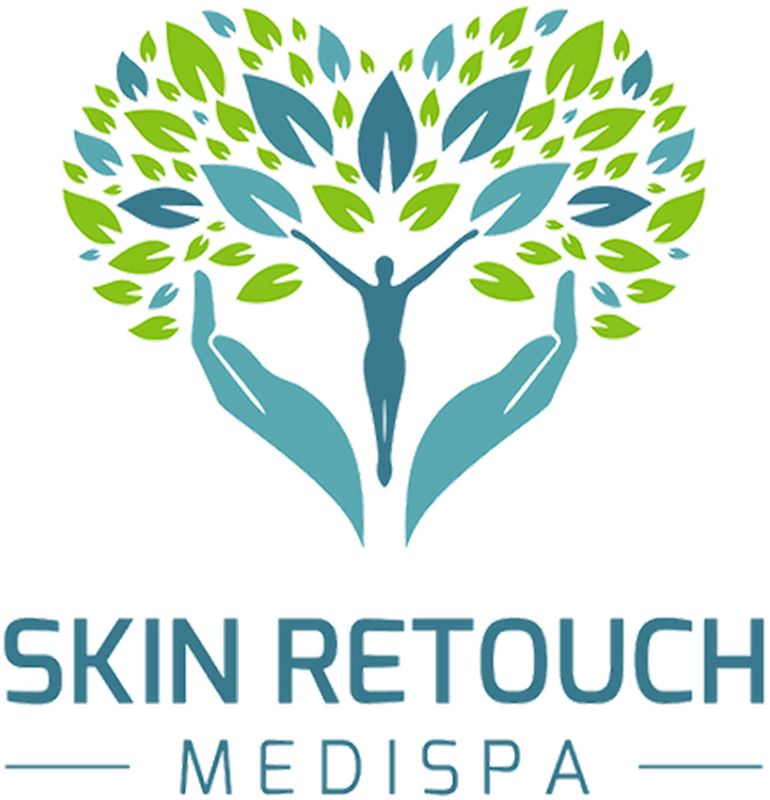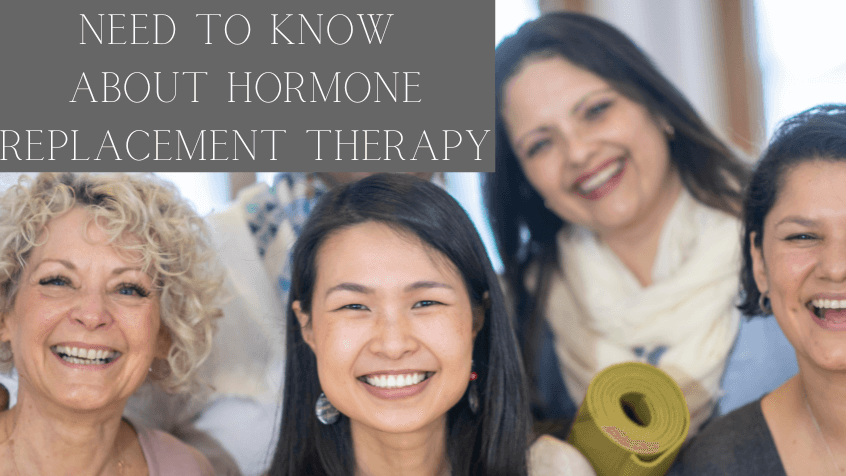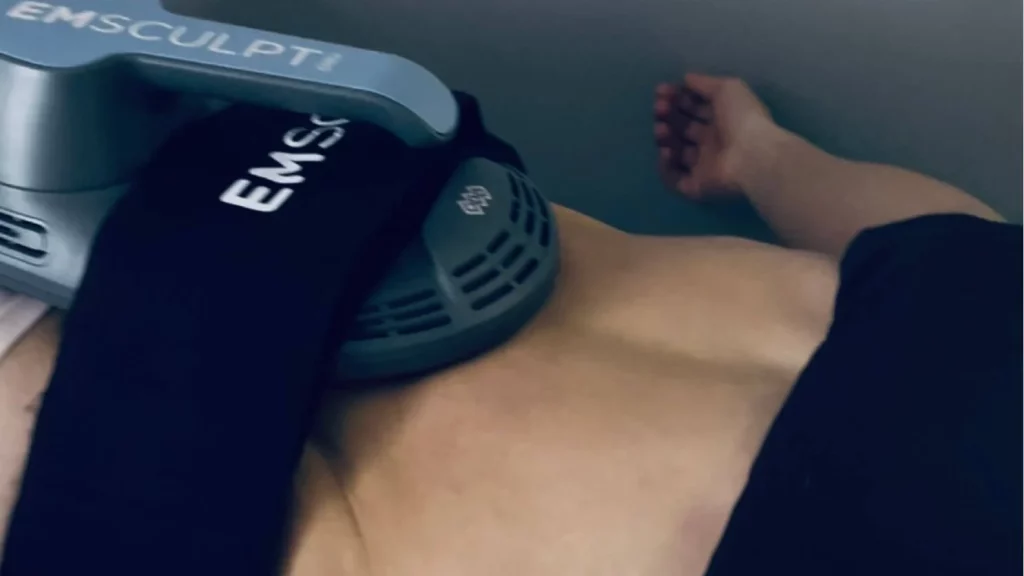HORMONES 101
Every cell in our bodies is bathed in estrogen, testosterone, and progesterone, along with other life-sustaining hormones like insulin, thyroxine, and growth hormone. Every single cell in our body has receptors for these hormones. Hormones are messengers that fit like keys in the locks of our cells, and they impact every system in our body. Did you know that human females are one of only two species to live into menopause? Blue whales are our only other menopause-suffering buddies. They probably swim to colder waters when having hot flashes! Every other species dies in reproductive years before their sex hormone levels collapse. Historically, we didn’t live decades past menopause, and many women passed away from childbirth complications. Today, medicine has dramatically improved the lifespans of child-bearing women, but we still have a way to go in improving the quality of life for post-menopausal women. Middle-aged women often play a vital role in society because, at this age, they are balancing families, raising their children, working in businesses, and caring for aging parents.
Without further adieu, here’s a little introduction to one of the most important hormones: testosterone. Yep, women have testosterone, too; it’s not exclusive to men. Did you know we make three to four times as much testosterone as we do estrogen? It is crucial for energy, drive, motivation, muscle tone, metabolism, immune health, pain reduction, and libido.
Next, let’s talk about estrogen. There are three forms of estrogen, so let’s start with the first type: estrone. This form of estrogen is made by our fat cells predominantly after menopause. This is why our bodies hold on to fat after menopause. It’s our body’s way of preserving any estrogen we have left to protect bone, heart, and brain health from diseases associated with estrogen deficiency. Unfortunately, estrone is not a “good” estrogen – it is inflammatory and has links to breast cancer.
Estradiol is the second type of estrogen. This is the “golden child” of estrogens because it circulates our bloodstreams, bathes our cells from birth, spikes at puberty, spikes drastically during pregnancy, and starts to decline in our early 40s. During menopause, it falls off a cliff and plummets to zero. When estradiol levels fall, the risk of heart disease, dementia, diabetes, osteoporosis, and metabolic syndrome increases. Let’s also not forget about the 150+ symptoms of low estradiol. Click the following link to see what the Cleveland Clinic lists as symptoms of Menopause;
Menopause: What It Is, Age, Stages, and Symptoms
Last but not least is progesterone. Progesterone is the first of the three types of hormones that starts to decline – it starts falling in our mid to late thirties. Thanks to the rise in obesity, consumption of processed foods, and *xenoestrogen chemicals in our environment, many young women suffer from low progesterone early in life. This can lead to complications like PCOS, endometriosis, and even infertility. Some research suggests that this hormone is solely responsible for sustaining a pregnancy, but we disagree. Every woman has progesterone receptors in every one of billions of cells. For our entire lives, progesterone dominates the second half of our menstrual cycles. This is because estrogen thickens our uterine lining during the first two weeks of each cycle. If an egg doesn’t implant at ovulation, progesterone is responsible for thinning it out during the second half. Progesterone is the calming, relaxing hormone that promotes deep sleep, relaxes our muscles, and works in balance with estrogen and testosterone.
*Xenoestrogens are man-made imposters that mimic the effects of the real hormone estrogen. They tend to accumulate in body fat, such as breast tissue, and they mimic the actions of estrogens by barging in and knocking naturally occurring estrogens right off the receptor sites of the cell. This is not good at all! Xenoestrogens are ten to a hundred times more potent than occurring estrogen in the body. And once xenoestrogens settle into the tissues, they are not easily removed
It’s important to emphasize that estrogen does not cause breast cancer. If it did, every woman having children in her twenties and thirties would have breast cancer. Intuitively, this makes sense – the more pregnancies a woman has, the less likely she will develop breast cancer later in life. Given the fact that our baseline level of estrogen, which usually fluctuates between 30-400 pg/dl, skyrockets to approximately 7000 pg/dl during pregnancy, we can safely assume that estrogen does not cause breast cancer. The women’s health initiative that prompted millions of women to abandon HRT in 2002 was based on poorly-conducted research and over-proportional media coverage. In these studies, it was the synthetic progestin (ex., “fake” progesterone) that caused an increase in bread cancer. The estrogen-only group of these studies continued their estrogen replacement for thirty years and showed a decrease in both breast cancer and ductal carcinoma. Below is a link to the study.
And the following is a book recommendation and a further dive into the misinterpreted findings of the above-mentioned study.
We can help you get started on HRT ASAP. It’s VITAL. Estrogen Matters! ESTROGEN MATTERS. Your health and wellness matter. Please book with our Nurse Practitioner today, and she will spend an hour reviewing your symptoms and health concerns. Our consultation will include writing a request for a blood panel that we can draw in the office, or you can have it done at LabCore or Licking Memorial Hospital. It’s quick and easy! Don’t like needles at all? We can also offer a DUTCH test, which is simple and easy to do at home.
Have we clearly conveyed how much ESTROGEN MATTERS? Menopause can cause over 160 health problems. Let us help you eliminate each and every problem from; poor muscle tone to lack of energy, to weight gain, to hair loss, to poor sleep quality, to brain fog, to mood swings, to low to no sex drive. Let’s get you back to you!
BONUS
Podcast suggestions to learn even more about Hormone Replacement Therapy;
Here are our top 3 favorite podcasts on HRT; you may need a free account with Spotify to listen to some, but it is worth it.
1- Dr. Peter Attia. Listen as he interviews Oncologists on the benefits of HRT. It is long but hits all the important points
Dr. Peter Attia Podcast, Episode 613
2- Why HRT should still be an option for breast cancer survivors
Dr. Louise Newson Podcast, Episode 138
3- Testosterone is our hormone too; we make 3-4 times as much testosterone as estrogen. Why is there a stigma about replacing women’s testosterone
Dr. Louise Newson Podcast, Episode 119
* All information is subject to change. Images may contain models. Individual results are not guaranteed and may vary.




